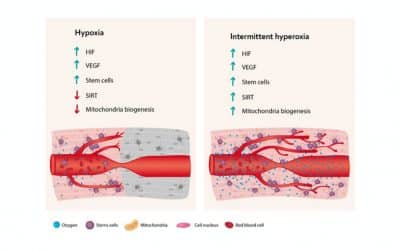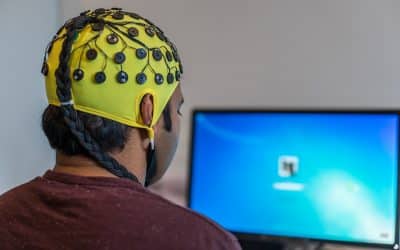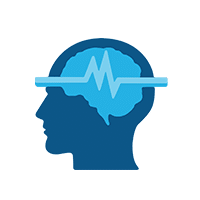Abstract: More than half of community-dwelling individuals sixty years and older express concern about declining cognitive abilities. The current study’s aim was to evaluate hyperbaric oxygen therapy (HBOT) effect on cognitive functions in healthy aging adults. A...
Aging
Explore the latest research on the use of Hyperbaric Oxygen Therapy (HBOT) to treat Aging.
Extivita maintains an extensive publication database for Aging and various other indications with therapies such as Hyperbaric Oxygen Therapy, Neurofeedback, Nutritional IV Therapy, Infrared Sauna, and Pulsed Electromagnetic Field Therapy. Explore our database on Acne and Hyperbaric Oxygen Therapy aka, HBOT, below.
For a complete list of indications treated at Extivita, explore the conditions we treat.
Peak Alpha Frequency in Relation to Cognitive Performance
Abstract Objective Peak alpha frequency (PAF) is reported to be a nervous system property which is genetically endowed and reflected in individual's cognitive functioning. Cognitive performance denotes the mental processes for effective changes in response to...
The Hyperoxic-Hypoxic Paradox
Effective metabolism is highly dependent on a narrow therapeutic range of oxygen. Accordingly, low levels of oxygen, or hypoxia, are one of the most powerful inducers of gene expression, metabolic changes, and regenerative processes, including angiogenesis and stimulation of stem cell proliferation, migration, and differentiation.
SMR/Theta Neurofeedback Training Improves Cognitive Performance and EEG Activity in Elderly With Mild Cognitive Impairment: A Pilot Study
Abstract Background: Neurofeedback (NF) training, as a method of self-regulation of brain activity, may be beneficial in elderly patients with mild cognitive impairment (MCI). In this pilot study, we investigated whether a sensorimotor (SMR)/theta NF training could...
Beta Neurofeedback Training Improves Attentional Control in the Elderly
Abstract One of the well-documented behavioral changes that occur with advancing age is a decline in executive functioning, for example, attentional control. Age-related executive deficits are said to be associated with a deterioration of the frontal lobes....
Beta wave enhancement neurofeedback improves cognitive functions in patients with mild cognitive impairment: A preliminary pilot study
Abstract Background: Mild cognitive impairment (MCI) is a symptom characterizing cognitive decline and a transitional state between normal aging and dementia; however, there is no definitive diagnosis and treatment for MCI. Neurofeedback (NF), which is a training...
Small Vessels Are a Big Problem in Neurodegeneration and Neuroprotection
Abstract The cerebral microcirculation holds a critical position to match the high metabolic demand by neuronal activity. Functionally, microcirculation is virtually inseparable from other nervous system cells under both physiological and pathological conditions. For...
Neurofeedback Improves Memory and Peak Alpha Frequency in Individuals with Mild Cognitive Impairment
Abstract Mild cognitive impairment (MCI) is a syndrome characterized by a decrease in cognitive abilities, while daily function is maintained. This condition, which is associated with an increased risk for the development of Alzheimer's disease, has no known...
Adrenal Aging and Its Implications on Stress Responsiveness in Humans
Abstract Normal aging results in subtle changes both in ACTH and cortisol secretion. Most notable is the general increase in mean daily serum cortisol levels in the elderly, without a noteworthy alteration in the normal circadian rhythm pattern. Glucocorticoid excess...









